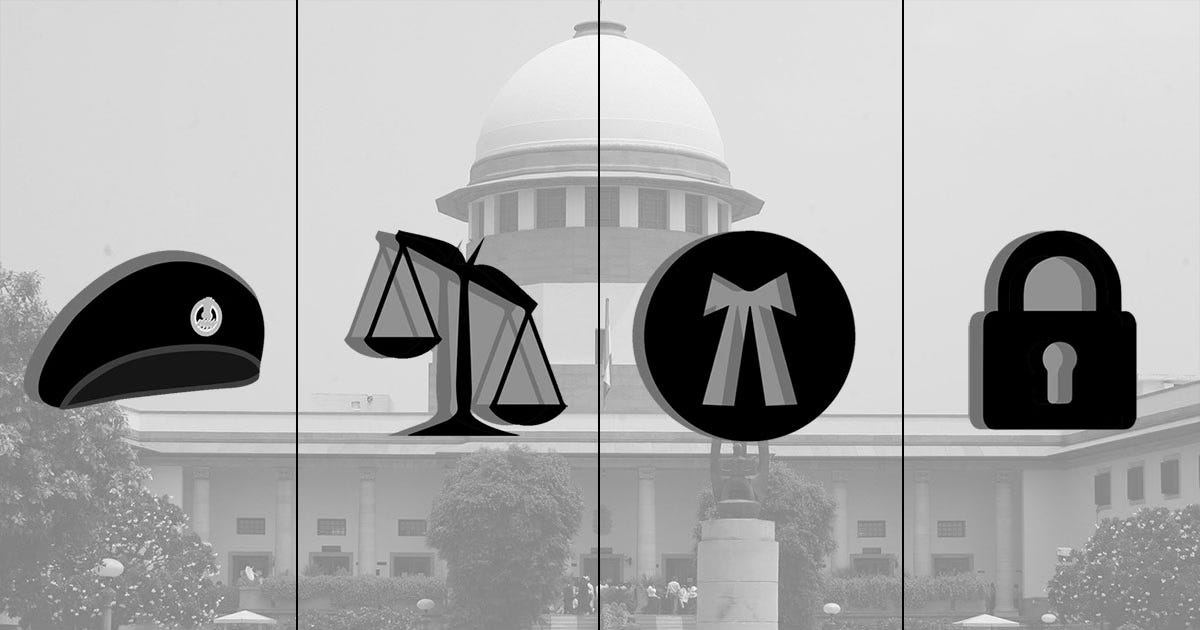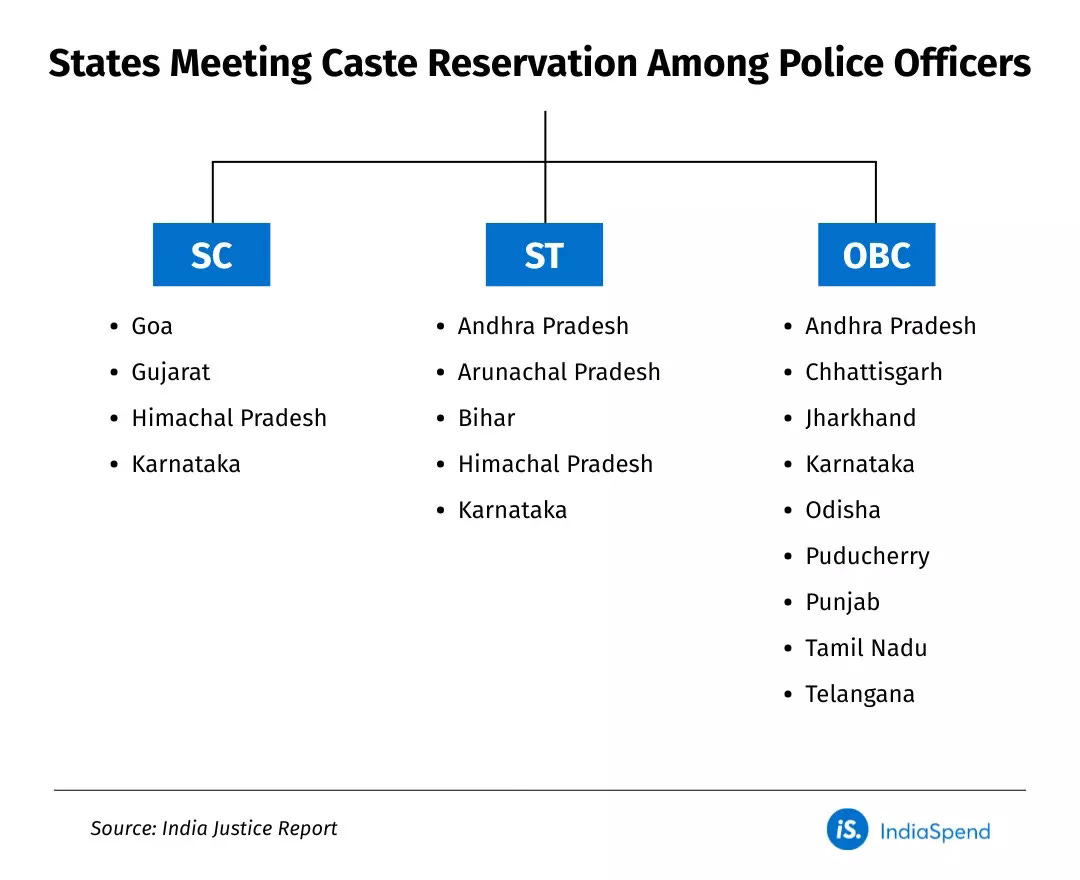The Missing Indian Spring
Also this week: justice delivery across states, representation in the justice system, and health equity for the transgender community.
Good morning,
Our stories this week offer a critical examination of some key challenges we face. From rising heat early in the year, to vacancies in India’s justice system, from lack of diversity in the police and the judiciary to a public healthcare programme that is failing transgender Indians, these stories reflect an urgent need to confront systemic inequalities, rethink policy priorities, and hold institutions accountable.
As spring blurs into summer, with temperatures soaring earlier each year, the impacts are beginning to show—not just in health records and heatwaves, but on our farms as well. Many parts of the country see temperatures breaching 40°C as early as February.
Experts link this change to long-term climate shifts, with real consequences: increased heat-related illnesses, disrupted harvest cycles, and worsening water stress. Tanvi Deshpande explains.
The 2025 edition of the India Justice Report (IJR) ranks the five south Indian states as the best in delivering justice. Yet, beneath the rankings lies a concerning reality—persistent vacancies across police forces, courts, and prisons continue to hinder efficiency. Four states—Andhra Pradesh (8%), Bihar (3%), Kerala (23%), and Odisha (13%)—that had earlier recorded no vacancies in legal aid saw an increase.
The report projects that in the next five years, these vacancies will lead to a 15% increase in pending cases, and a 20% rise in undertrial prisoners. Shreehari Paliath delves into the details.
Also from the IJR, Shreehari looks at the diversity deficit in India’s justice system. Women are mostly clustered at the lower levels of police and the judiciary, and most states did not meet their own targets for caste-based reservation in the forces. Only one state—Karnataka—met the target across all caste groups.
What’s more? Despite 4% mandatory reservation for persons with disabilities, few states have policies for their recruitment, and there is a widespread lack of awareness in the system. As the report notes, the judiciary and law enforcement remain far from reflecting India’s social diversity. Shreehari writes.
In 2022, the government promised free gender-affirming care for transgender Indians under Ayushman Bharat, including procedures like sex reassignment surgery (SRS) and hormone therapy. About two-and-a-half years later, the promise is yet to be fulfilled. The benefits were meant to be delivered through a special Ayushman Bharat TG Plus card, which is yet to be rolled out. The government has also not updated the AB-PMJAY health benefit package to include gender-affirmative care.
A lack of funding, low incentives for hospitals empanelled under the scheme and policy gaps have made it a paper promise, much like other welfare schemes for the community, Shania Ali writes.
For IndiaSpend Hindi, Parikshit Nirbhay reports from the first mercury-free health centre in the northeast: Last month, the Laitkor sub-centre in Meghalaya’s East Khasi Hills was recognised as a mercury-free centre.






